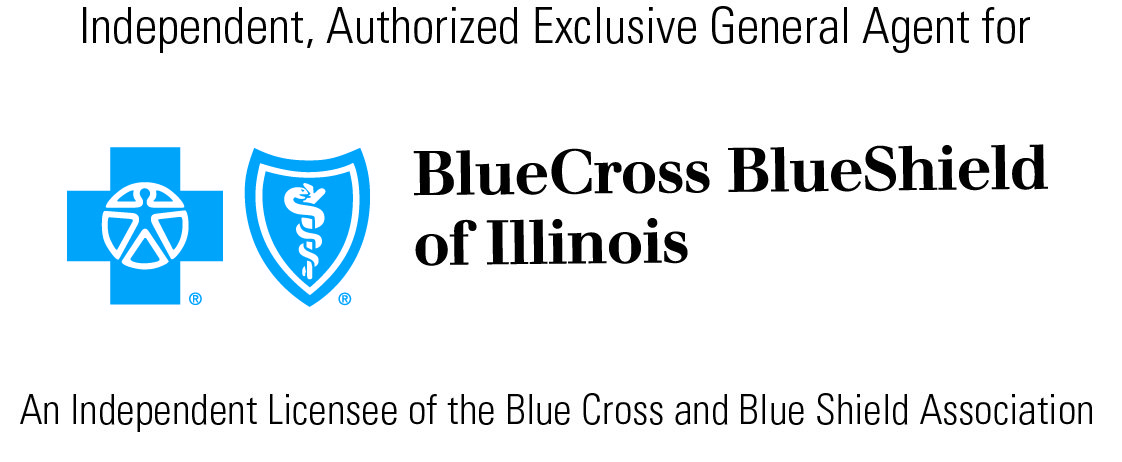FREQUENTLY ASKED QUESTIONS
- Minimum Essential Coverage
The type of coverage an individual needs to have to meet the individual responsibility requirement under the Affordable Care Act. This includes individual market policies, job-based coverage, Medicare, Medicaid, CHIP, TRICARE and certain other coverage.
- When is the last day I can enroll for Health Insurance Coverage?
January 31st is the last day for open enrollment in the Affordable Care Act. After January 31st you must qualify for the Special Enrollment Period. For information regarding the Special Enrollment Period, click here.
- How do I read and understand my Explanation of Benefits?
- What is a premium?
A premium is a regular payment, usually monthly, to an insurance company to keep your policy in effect. You can normally keep your insurance as long as you continue to pay the premiums.
- What is a deductible?
A deductible is the amount that must be paid toward a medical bill before your insurance covers the rest. Here’s an example: If you have a hospital bill of $5,000 and your deductible is $1,000, you would pay $1,000 and your insurance would help pay the remaining $4,000.
An important point to consider — a smaller deductible doesn’t always save you money. If you have a higher deductible, your monthly premiums are usually lower. That means you’ll pay less to keep your insurance plan in effect. Choosing a higher deductible with a lower premium is generally better for young policyholders and/or those with very few or no medical conditions.
- What is a co-payment?
A co-payment is the fixed dollar amount a patient pays for a medical service.
An example of a co-payment: when you need a prescription, the pharmacy will ask you for your insurance information and charge you $15 to fill it. The $15 is your co-payment and your insurance covers the rest of the cost.
- What is coinsurance?
Coinsurance is the shared cost that both you and your insurance may agree to have. A common example is an 80-20 coinsurance, where you would pay 20% of a major medical cost or bill, and your insurance would pay 80%.
- What is an out-of-pocket expense?
Out-of-pocket expenses are any healthcare costs that you’re responsible for paying. This includes deductibles, co-payments, and coinsurance. Many plans have a limit on the amount of out-of-pocket costs you’ll have to pay.
- What is indemnity insurance?
Indemnity coverage reimburses you for your medical expenses. With an indemnity plan, you are covered for a range of medical services. You can get these services from any doctor or hospital you choose. Indemnity plans offer the most complete and flexible coverage, but they are often more expensive than managed care plans.
- What is the difference between inpatient and outpatient care?
If you are an in-patient, you stay at least one night in a healthcare facility. Out-patients leave the same day they go in for care.
- What is a high deductible health plan (HDHP)?
A health insurance plan — usually a PPO plan — with a deductible of over $1,200. Having a high deductible plan qualifies you to get a Health Savings Account.
- What is a beneficiary?
The beneficiary is the person who is paid the claim by an insured’s life insurance policy in the event of the insured’s death.
- What does it mean to get “free quotes?”
When you request your free quotes, you’ll be able to compare plans and prices online. Our professional agents will contact you with details of the different plans, answer your questions, and help you make the right choice. Using online quotes is an easy way to find which health plan will be best for you.
- What is the best insurance plan out there?
Because every plan differs and no one plan is perfect for everyone, you should speak with an insurance agent to find out what will be best for your individual needs. Just get free quotes from our fast and simple service to find the insurance plan that fits best with you.

